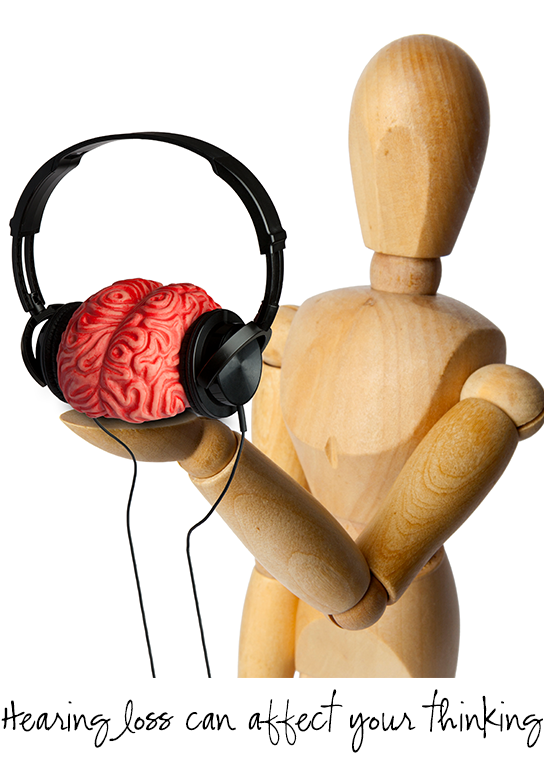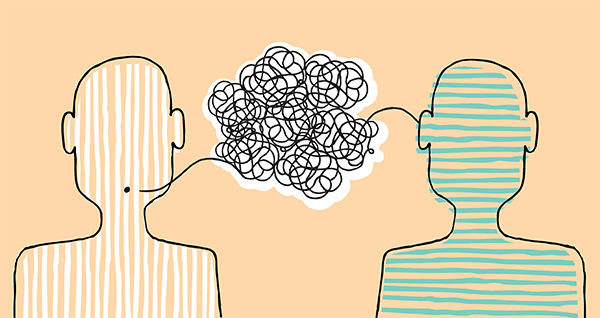OK, so you don’t hear perfectly anymore, but you hear well enough to “get by.” So what if you can’t follow the entire conversation when you’re dining with a group in a noisy restaurant? And, your husband doesn’t seem to mind when you ask him to repeat something Julia Louis-Dreyfus said during an episode of Veep. No big deal.
 Wrong! It may be a very very big deal that you’re ignoring your mild to moderate hearing loss, since a number of reputable studies point to a link between faulty hearing and accelerated cognitive decline. This doesn’t necessarily mean that hearing loss causes cognitive decline, or even that hearing aids can decrease the risk of dementia or slow its onset, but that it can speed it up. That’s enough to get my attention.
Wrong! It may be a very very big deal that you’re ignoring your mild to moderate hearing loss, since a number of reputable studies point to a link between faulty hearing and accelerated cognitive decline. This doesn’t necessarily mean that hearing loss causes cognitive decline, or even that hearing aids can decrease the risk of dementia or slow its onset, but that it can speed it up. That’s enough to get my attention.
A Study That’s Hard To Ignore
A study by hearing experts at Johns Hopkins (can’t get much more reputable that that!) revealed that “older adults with hearing loss are more likely to develop problems thinking and remembering than older adults whose hearing is normal.” In the study of 1,984 adults in their 70s and 80s, volunteers with hearing loss, undergoing repeated cognition tests over six years, had cognitive abilities that declined 30 percent to 40 percent faster than in those with normal hearing.
Levels of declining brain function were directly related to the amount of hearing loss, the researchers reported. On average, older adults with hearing loss developed a significant impairment in their cognitive abilities 3.2 years sooner than those with normal hearing.
>>Click here to order the iHear At-Home Test!<<
“Our results show that hearing loss should not be considered an inconsequential part of aging, because it may come with some serious long-term consequences to healthy brain functioning,” asserted Dr. Frank R. Lin, now an otolaryngologist at the Johns Hopkins Center on Aging and Health.
Come On, Give Your Brain A Break!
Possible explanations for the cognitive slide, Dr. Lin said, “include the ties between hearing loss and social isolation, with loneliness being well established in previous research as a risk factor for cognitive decline.” Hearing loss may also force the brain to devote too much energy to processing sound, and at the expense of energy spent on memory and thinking. Hearing loss also precipitates a faster rate of atrophy, mostly over the hearing section of the brain, which also is involved with our memory, and the way we learn and think.
About 25 percent of people in the United States between the ages of 55 and 64 have some degree of hearing loss. For those older than 65, the number of people with some hearing loss is almost 1 in 2, according to the Mayo Clinic. Yet, only 20 percent of people who could benefit from hearing aids actually use them, according to the National Institute of Health. I think that’s nuts!


